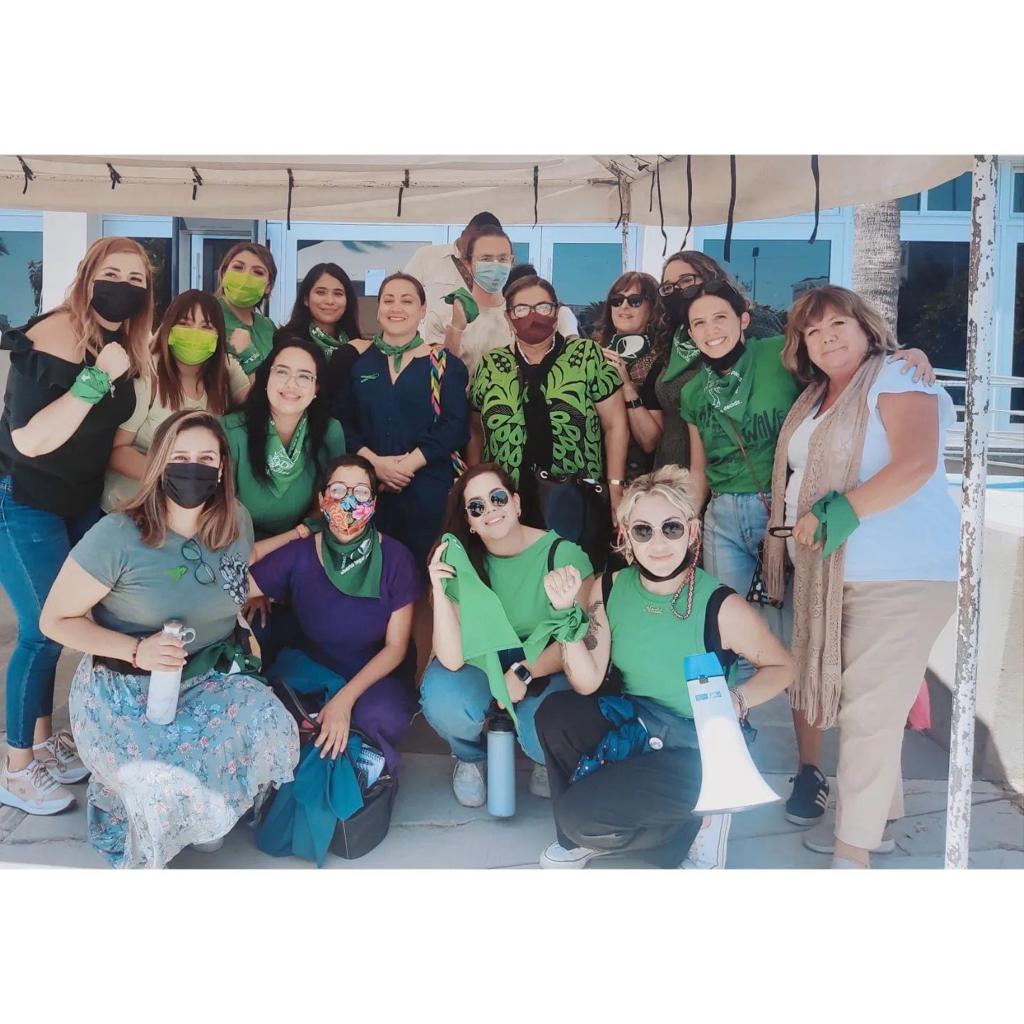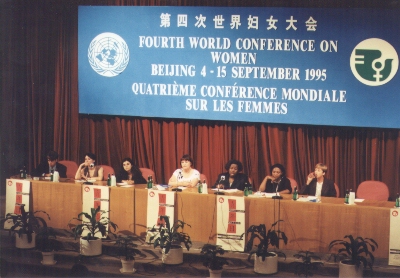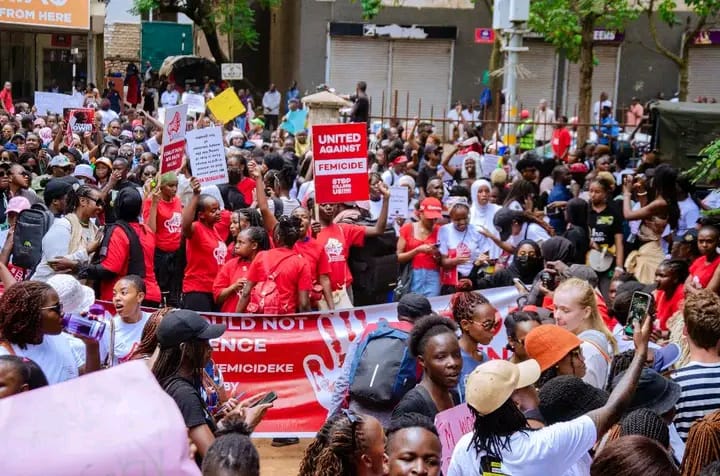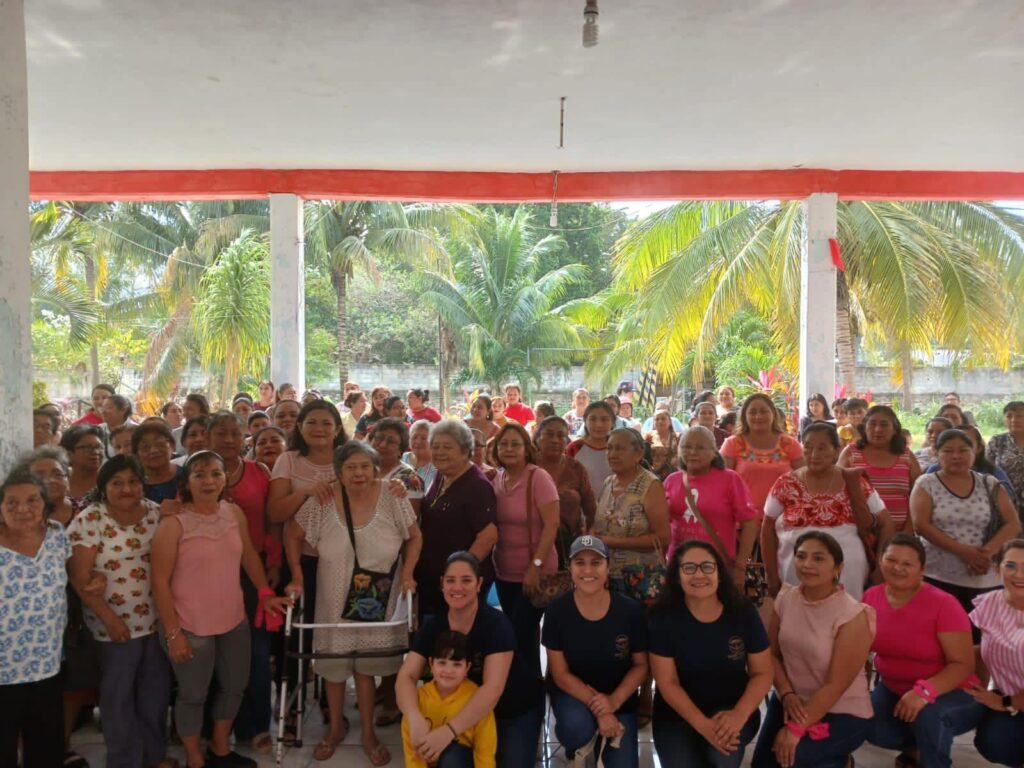They Didn’t Do It Alone

[This story is a part of a blog series – Return to the main blog]
From the beginning, Mónica and Teresa prioritized looking outside La Paz and California Baja Sur for context, meaning, connection, and support.
“Our capacity to understand what is happening outside of our state and understand the opportunity and the strategy,” were and remain key strengths of their organization, says Teresa.
In 1995, for example, the Fourth World Conference on Women took place in Beijing. There was scant access to the internet, and most people in Baja California Sur and elsewhere did not know the event was happening. But at Centro Mujeres, they burned up their fax machine as reports from the Conference came in. Teresa and Mónica put out press release after press release to inform their audiences and the public about what was happening.

Panel at the Fourth World Conference on Women in Beijing in 1995. UN Photo.
Today, Centro Mujeres’ framework for change, grounded in the United Nations’ Universal Declaration of Human Rights, and aligns with the Committee on the Elimination of Discrimination Against Women (CEDAW) Convention and the Vienna, Cairo, and Beijing declarations.
As a result of their tenacity in consistently sharing — Mónica recounts, “Here’s what’s happening in the world. Here’s what’s happening in Mexico” — Centro Mujeres became the go-to source for information and expertise.
Poring through international agreements and frameworks, Mónica and Teresa deepened Centro Mujeres’ analysis and provided legitimacy, as they were able to assure reluctant officials by saying: “Reproductive and sexual rights are human rights. They are part of international conventions. Mexico has signed these conventions. We are not inventing this.”
Looking outside Baja California Sur also brought hope. “We were very clear that we were not alone,” Mónica said. “There was an international community outside that would eventually support us.”
And they did. Early funders who took a chance on Centro Mujeres included the Global Fund for Women, the MacArthur Foundation, the Threshold Foundation, and the Moriah Fund. These external benefactors were critical to the organization’s ability to press for reproductive and sexual rights without relying on government support.
The movement continues. Teresa and Mónica explained how Mexico is part of the much larger Green Wave, a mass movement to expand access to reproductive rights across Latin America, which is making inroads in progressive circles in the US. The trend also shows in countries as different as Sierra Leone and Ireland.




